Member-At-Large Candidates:
Theodore (Teddy) C.K. Cheung, PhD
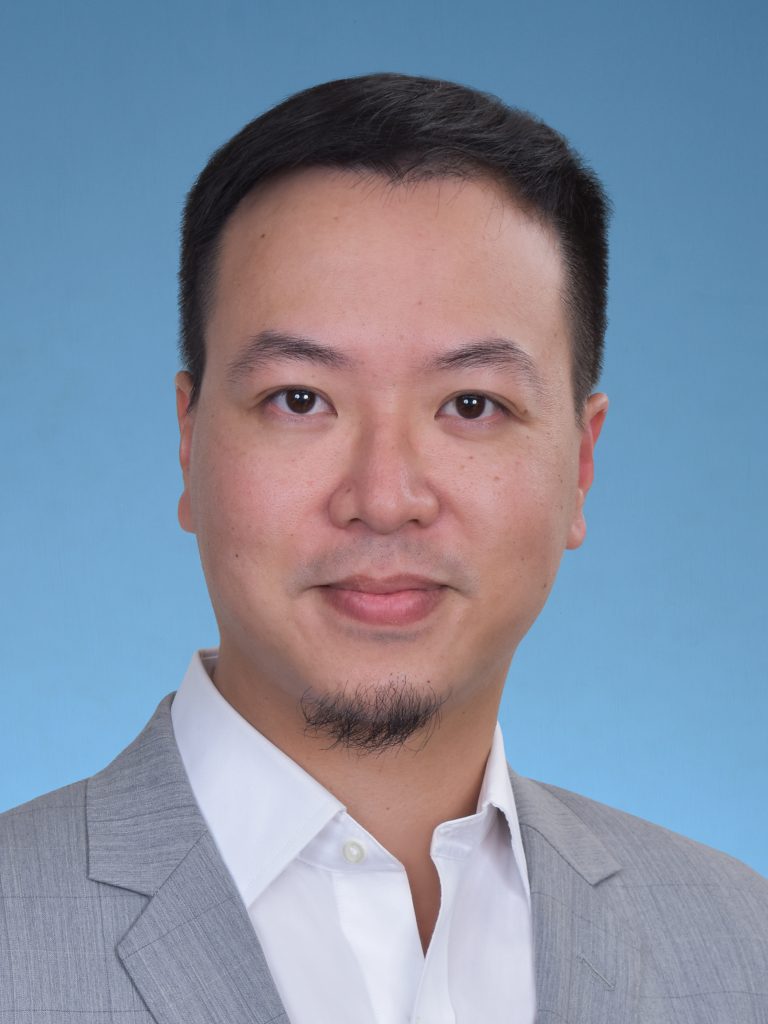
Theodore (Teddy) C.K. Cheung, PhD, is a practicing neuropsychologist and clinical psychologist* licensed in Ontario, Canada, Hong Kong and UK. He currently holds the Garry Hurvitz Fellowship at the Hospital for Sick Children, Toronto. He receives his clinical psychology training at the Chinese University of Hong Kong and his neuropsychology training in University College London, UK, attaching to the Great Ormond Street Hospital for Children. While he received his PhD training in the University of Toronto, he was active in advocating mental health policies for the student communities via different committees. He also advocated for culturally fair neuropsychological assessment for clients with COVID-19 by joining the neuroCOVID taskforce of the International Neuropsychological Society early in the pandemic. As a new immigrant, he experienced the acculturation process to North America with firsthand experience as a father and as a professional. He comprehends the barriers minoritized individuals with different languages, cultural backgrounds and beliefs may experience. He hopes that through the work with ANA he could contribute to bring intersectionality to neuropsychology, and to advocate for issues of under-representation of Asian Americans / Asian Canadians in the psychology professions. *The change of title from psychological associate to psychologist is under process and expected to be effective in mid-November 2022. I shall update ANA once I received official confirmation from the College of Psychologists of Ontario.
Lisa V. Graves, PhD
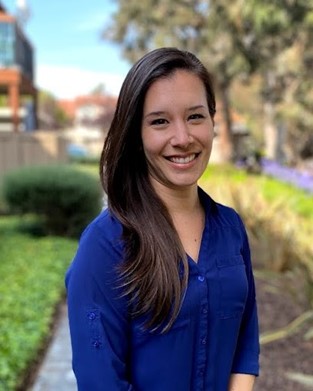
I am so delighted to express my strong interest in your open Member-at-Large position on the ANA Executive Board. As I envision my career as a neuropsychologist, I align with four main missions, to: (1) teach students in the classroom; (2) mentor students in the research lab while engaging in ongoing scholarly activity through neuropsychological research; (3) promote cultural competency and diversity in the teaching, research, and practice of neuropsychology, and (4) engage in governance and advocacy work that will facilitate my success and the success of other colleagues in achieving the first three objectives. To this end, I have a strong track record of serving on committees focused on promoting the well-being of students and faculty through diversity, equity, and inclusion related efforts. Of note, I currently serve as a mentor in the ANA Mentorship Program. I also currently serve as a Member-at- Large on the California Psychological Association Division VIII (Neuropsychology) Board of Directors, and my contributions there have largely involved assisting with the organization and planning of the UC San Diego Clinical Neuropsychology Seminar Diversity Series. Through my teaching, research, and clinical experiences, I have developed good insight into the several challenges students from disadvantaged and culturally diverse backgrounds face in their learning, and identified barriers in access to education and training in neuropsychology, particularly at the undergraduate level. While I have begun some of this work in the classroom and research lab, I also recognize that effectively “mending the broken pipeline” (to echo the words of Dr. Monica Rivera Mindt and colleagues) will require larger-scale efforts. I wholeheartedly believe that serving as a Member-at-Large with the ANA Executive Board would be an impactful step in the direction of achieving the above objectives. I thank you very much for your time and consideration, and I hope to hear from you soon.
Doris Hong, PsyD
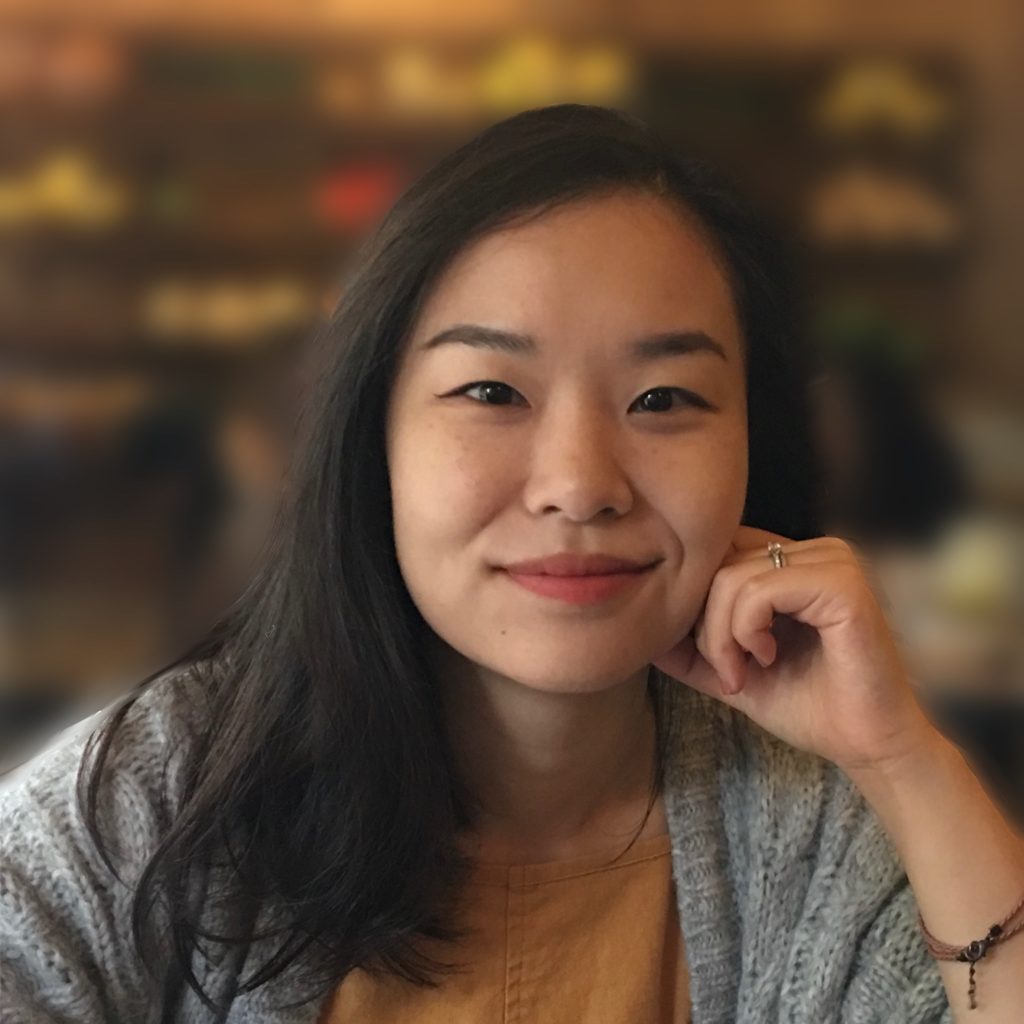
I am a staff neuropsychologist at the Salem Hospital and Athinoula A. Martinos Center for Biomedical Imaging in Massachusetts. I have served on the ANA resource committee as the co-leader of the Chinese SIG and the advocacy committee as a general member. I am also leading the OPT task force which is a collaboration between the advocacy and student committees. As an early-career psychologist myself, I have benefitted greatly from the opportunities to connecting with colleagues who share the vision for culturally sensitive neuropsychology through ANA and experienced first-handedly the empowerment of a professional organization where one’s cultural identity is embraced and celebrated. I am grateful for what ANA has offered me and would hope to make my contributions as the organization continues to grow. I would be honored to continue serving the community as a Member-at-Large. Should I be elected, I would work closely with the board to facilitate inter-committee communications and to promote collaborations within and outside of ANA. I would also serve as the channel to promote communication between the board and the ANA membership, so that, as an organization, we continue to promote inclusiveness and embrace diversity.
Lainie Posecion, PhD
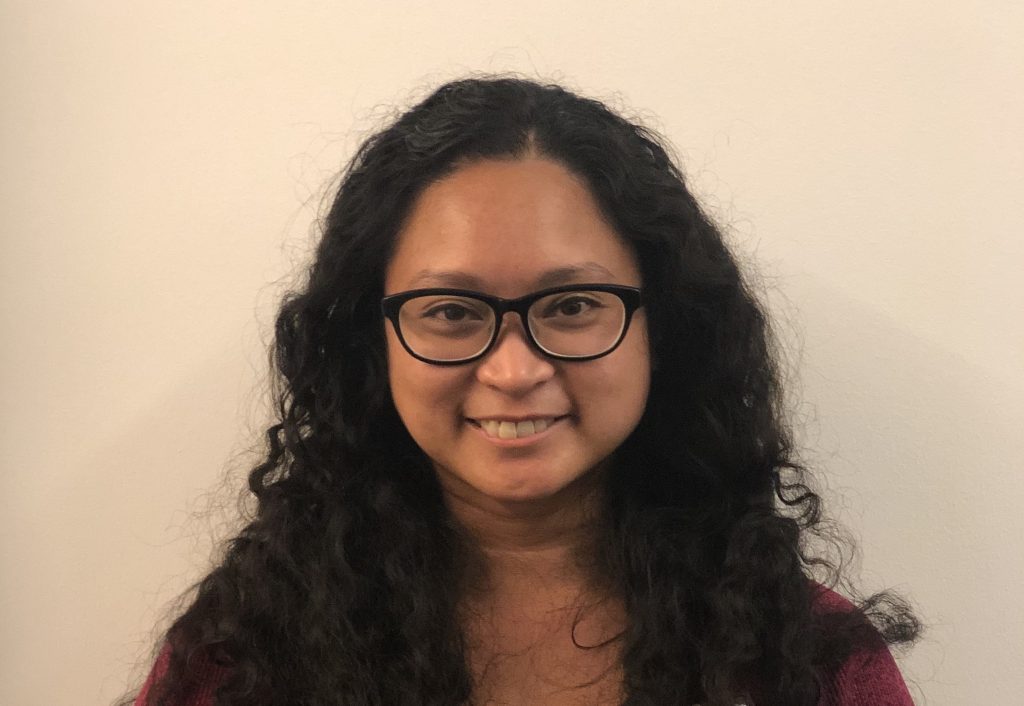
My name is Lainie Posecion, and I am a practicing neuropsychologist in the San Francisco Bay Area. My clinical and research interests include traumatic brain injury, neurodegenerative disorders, cognitive rehabilitation, and adaptations and development of new neuropsychological tests for older Filipinx Americans. I am currently active in private practice and consultation. Since I was a student, I had felt there were two directions I had to choose between; my interest in supporting Asians in psychology and the study of Asian psychology, and in a separate line my interest in neuropsychology. Finding ANA was great because it offered one space where I didn’t have to choose; I could find both support and resources as a Filipinx neuropsychologist who is passionate in serving my clients and fellow neuropsychologists of Asian descent. I am interested in the Member at Large role because I believe that developing a strong line of communication and clear goals among membership, committees, and the executive board is essential in an effective organization. Members who feel involved and are having their professional needs met is as important as an EC who is aware of priorities and needs of their committees. I feel my experience in other leadership roles can help me serve as a Member at Large at ANA. My experience as Communications officer at Asian American Psychological Association (AAPA) has helped me develop tools to help track and facilitate objectives/projects. If elected, I hope to continue to strengthen the line of communication among members, committees, and the EC with regular meetings and updates. I hope to advocate for the needs of committees to the EC through my vote, and disseminate information from EC to membership and committees. I believe the stronger the relationships, the more engaged membership can be, and the quicker we are able to accomplish our goals.
Chi-Cheng Yang, PhD
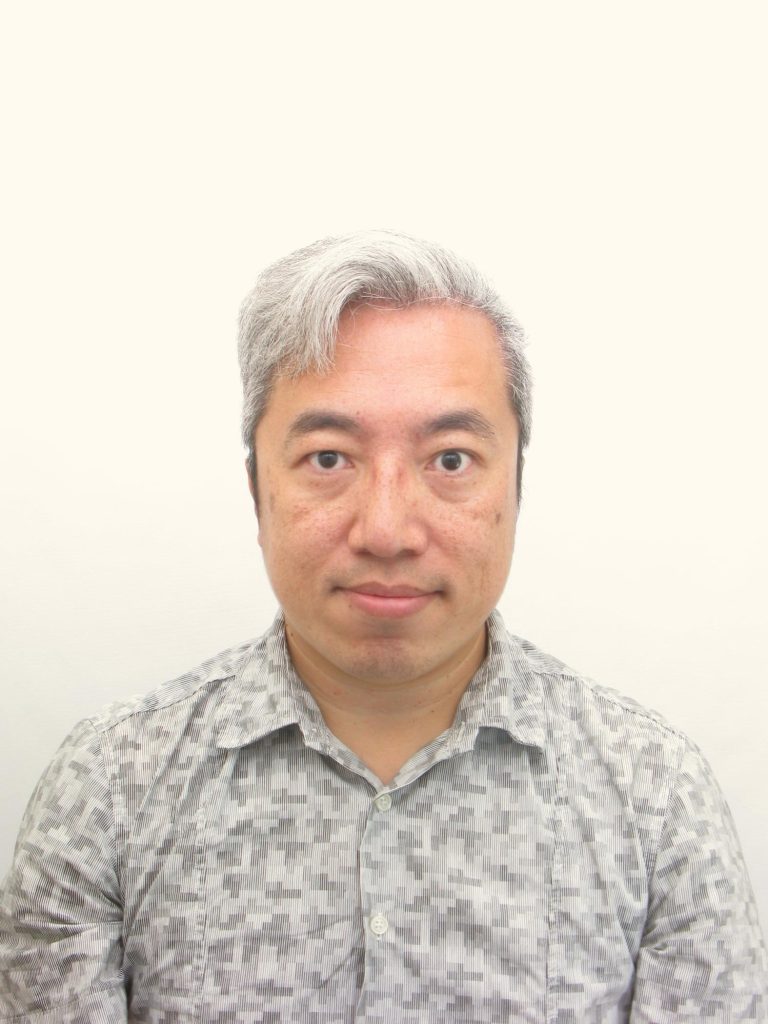
My name is Chi-Cheng Yang, a professor of clinical neuropsychology from the Department of Psychology, National Chengchi University (Taipei, Taiwan). I am also a licensed clinical neuropsychologist and have worked with patients in Neurosurgery setting (mainly patients with traumatic brain injury and brain tumors) for more than 15 years. Actually, the development of clinical neuropsychology in Taiwan (even in Asia) is still developing and needs more understanding by related professionals and even publics. It is thus the reason why I have much interests in reaching out to the community and trying to provide more accurate and easily-understood information for people in my country. Indeed, Taiwan has been an aged society since 2018, and the issues of dementia and any other cognitive impairments/disabilities caused by the central nervous system diseases have been emphasized by professional societies and publics. People are aware of the adverse impacts from the brain disorders in terms of both physical and neuropsychological perspectives. Accordingly, I would love to apply and join the member-at-large of ANA and make a closer connection with this international organization. I also hope I can implement my direct experiences of Asia society into ANA, and collaborate with the international professionals to get more advanced ideas and methods to facilitate with anything about Clinical Neuropsychology in Asia.
